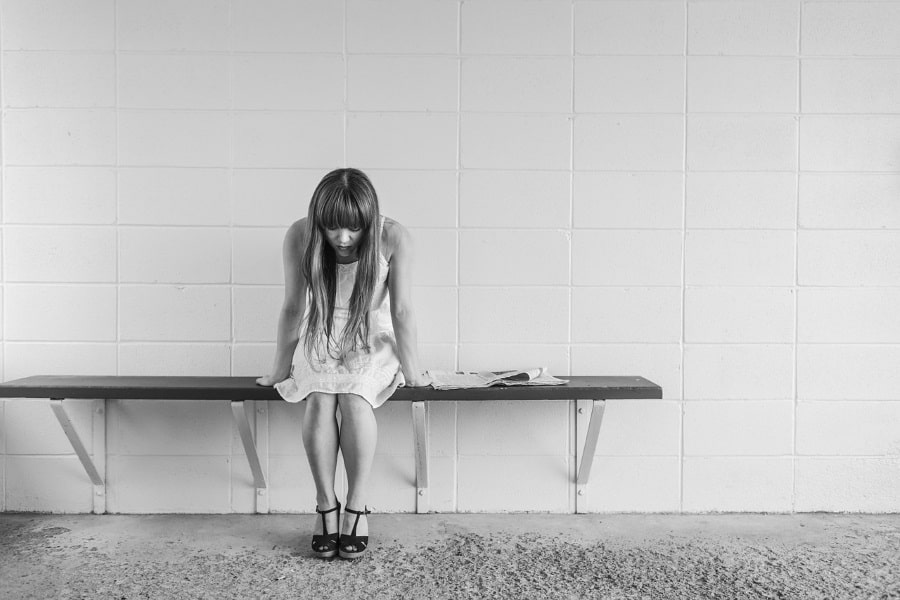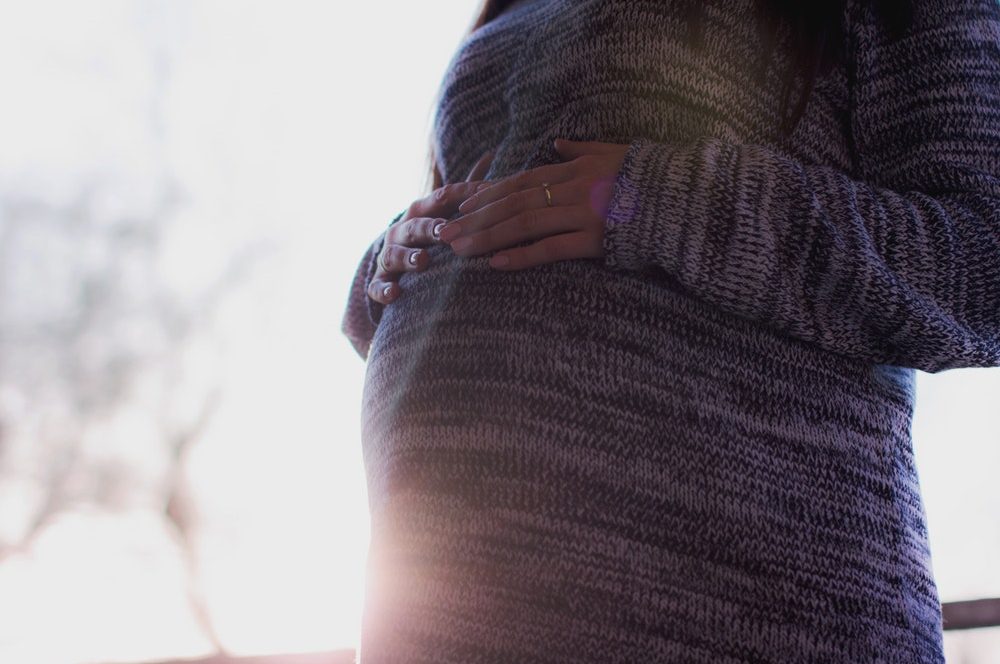Morning sickness is a bit of a misnomer; while morning is the most common time to experience feelings of nausea, morning sickness can be experienced at any point in the day – especially if you are carrying twins. Researchers aren’t entirely sure what causes morning sickness, but there is a general consensus that morning sickness is at least partially related to hCG, (human chorionic gonadotropin), a hormone produced during pregnancy. During a multiple pregnancy, hCG levels are higher than in a singleton pregnancy which explains why episodes of morning sickness tend to be elevated in twin pregnancies. This leaves many moms asking how to cope with morning sickness.
There aren’t many scarier experiences in a woman’s life than when she is thinking she may be having a miscarriage. Statistics tell us that around 50% of pregnancies do end in miscarriages, but most of those women have no idea they were even pregnant in the first place. The majority of miscarriages happen in the first two weeks after conception, and the woman thinks she is just having a slightly heavier menstrual cycle than normal. However, when miscarriage happens further along in the pregnancy it can be truly devastating, especially to those parents who have planned and perhaps waited for years for their baby. Many women will ask – how can I tell if I have miscarried?
It can sometimes be difficult to tell your period apart from early pregnancy signs. I remember with both pregnancies asking myself “am I getting my period or could I be pregnant?” A lot of women confuse the symptoms with each other. Some of the early signs of pregnancy include: fatigue, nausea, vomiting, shortness of breath, sore breasts, and headaches. These are just a few of the early pregnancy symptoms. However each woman is different and the pregnancy symptoms may vary.
Early pregnancy symptoms are also similar to those of side effects of getting your period. But how do you tell if you’re pregnant and it’s not just your period? If your period is a few days late I wouldn’t get too worried just yet. While your period can be on time for many years, it can also regulate now and then. If your period is 7 or more days late, you can always try a pregnancy test. It’s usually difficult to even catch a pregnancy with a test at the very early weeks, so if it’s negative your first time and your period still hasn’t come, I would wait a week or so then try the test again. Cramping, hot flashes, headaches, and light spotting can very well just be your period.
Some pregnant women do notice a little light spotting around the time of their period, however you can also experience light spotting during the time of your period even when you are not pregnant. If you have more than a few of these symptoms, I would take a pregnancy test right away.
– Sore breasts
– Fatigue
– Nausea
– Lack of energy
– 5-7 days or later period
– Backaches
– Cramping
– Cravings or food aversions
– Mood swings
– Bloating
– Elevated body temperature
– Sensitivity to smells
– Dizziness or fainting
All of these signs can point to pregnancy. (We also have some ‘Very Early Pregnancy Signs‘ if you are interested). If you feel other symptoms such as pelvic or abdominal pain, or lightheadedness, call your practitioner immediately. These can be signs of ectopic pregnancy.
If you are not one of the lucky few who feels great during the first trimester, read on. As hormones shift in early pregnancy, morning sickness, nausea and vomiting can wreak havoc on daily life. For morning sickness rememedies you may have tried preggo pops, tums and dry crackers, but there are a few other options as well. Motherisk is run through Toronto’s Hospital for Sick Children and provides excellent support for pregnancy and parenting. The phenomenal Nausea and Vomiting in Pregnancy (NVP) forum is great.
Here are some morning sickness remedy tips:
- Ice cold drinks can calm the stomach.
- Complex carbohydrates are best.
- Eat every 2 hours.
- Limit straight milk.
- Talk to a health provider about Diclectin, a drug that can help.
- Ginger settles the stomach.
- Freezing Gatorade in ice cube trays can help keep you hydrated and replace electrolytes.
- Grab an essential oil that calms you (grapefruit is amazing).
- You can try this old home remedy: 1T pure apple cider vinegar, 8oz. filtered water, and 1T pure honey
- Take some Vitamin B6
- Sea Bands can help by using acupressure on the inside of the wrist
- Licorice (tea or candy) has been said to help greatly
And if that doesn’t work, go buy yourself a comfy Juicy tracksuit, get a massage and get some firefighters to fan you with palm leaves. It’s worth a try.
Motherisk Nausea Hotline: 1-800-436-8477
Severe heat can inhibit the safety of babies and children. With global temperatures on a slow march upwards, heat waves such as this are unfortunately likely to become more frequent than their previous once-in-a-lifetime occurence. Some people adore the heat, but babies and children as well as pets and elderly relatives are vulnerable to heat strokes, dehydration and other serious heat-related ailments. Here are some tips on surviving the heat.




